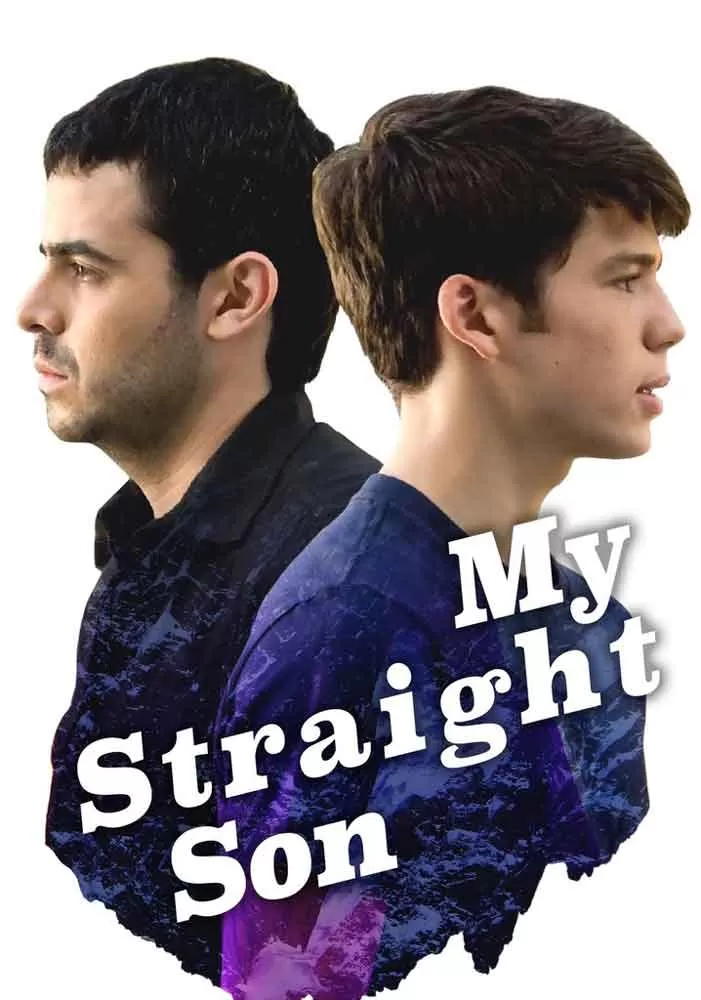
Overview of My Straight Son (2012)
My Straight Son (Azul y no tan rosa) presents a heartfelt narrative that combines themes of emotional growth, LGBTQ+ identity, and intricate family dynamics. The film centers on Diego, a thriving photographer in Caracas, who unexpectedly finds himself responsible for his teenage son from a previous relationship. At the same time, his partner, Fabrizio, becomes the victim of a violent homophobic assault, which changes the course of their lives.
Plot Synopsis
Diego leads a fast-paced life but is careful to keep emotional connections at arm’s length. His long-term partner, Fabrizio, seeks commitment and stability, creating tension in their relationship. But everything shifts when Diego receives a surprising call from Spain: his son, Armando, is on a plane heading to live with him. This unexpected change forces Diego to confront his past.
Shortly after Armando arrives, Fabrizio suffers a devastating homophobic attack, leaving him in a coma. This leaves Diego to juggle the emotional weight of his partner’s condition and his new role as a father.
Father-Son Relationship and Emotional Barriers in My Straight Son (2012)
A particularly poignant moment in the film occurs when Armando, filled with years of unspoken resentment, confronts his father. With frustration and pain, he says: “Five years, five years, Dad, and you didn’t even bother to call. Why? Just to remind me that you like men?” This powerful exchange goes beyond raw emotion, exposing a deep need for acceptance and affection.
Supporting Characters Who Bring Life to the Story
While the film’s emotional depth is undeniable, it also offers moments of lightheartedness. Perla Marina adds a fun, energetic dynamic, while Delirio del Río—a vibrant and captivating trans cabaret performer—brightens the screen in every scene. These characters inject warmth and vibrancy into the narrative, creating a stronger bond between the audience and the story.
Their presence not only provides levity but also emphasizes the diversity of the world that Diego and Armando must now navigate together.
Direction and Themes in My Straight Son (2012)
Director Miguel Ferrari crafts a meticulously paced storyline, coupled with a striking visual style. He skillfully uses each scene to delve into themes such as identity, familial bonds, and societal rejection. In doing so, he creates a film that feels both grounded and emotionally powerful.
Ferrari skillfully avoids melodrama, instead opting for raw, authentic moments that allow the characters to evolve in a natural, believable manner.
My Straight Son made history as the first Venezuelan film to win the prestigious Goya Award for Best Ibero-American Film—and it truly earned this honor. The story resonates deeply with anyone who has ever struggled with the desire for understanding or connection. Whether you’re a parent, a child, gay, or straight, this film has something that speaks to all of us.
In the end, the film offers a profound reminder that love, acceptance, and healing begin with honest, open connections.





